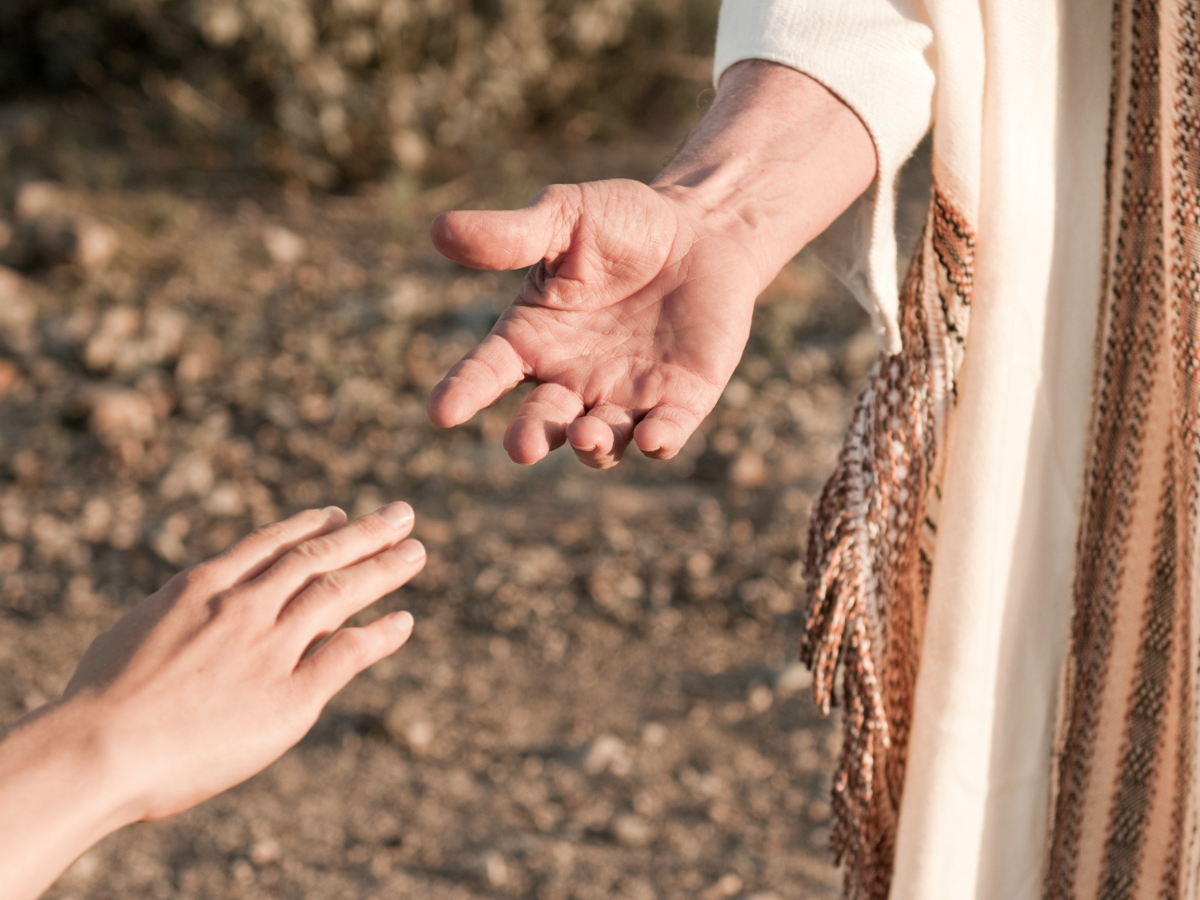
Enter the mess
By Amy Walters — Life is messy. Relationships with neighbors, coworkers, bosses, church members, even with the people we love, get complicated. Sometimes we find ourselves in difficult situations with no good options. In those times, it’s easy to pull away, to disengage from the messes around us (or in us).
The holiday season even compounds some of these challenges. New missionaries are spending their first Christmas in a new country, and it just doesn’t feel the same. Other celebrations are darkened by the absence of people we love.
But there is encouragement. The very reason we celebrate during this dark, cold month is that we have a Savior who didn’t remain distant, who didn’t stand back and watch it all unfold. He came and intentionally entered the mess.
Jesus Entered the Mess
‘Twas the night before Christmas , everything was a mess;
Towns in upheaval, families in distress.
A tyrant ruler paranoid for his power,
Kept the citizens guessing from hour to hour.
Everyone was sent home for a government census
To tax people for roads and civil defenses.
For a man and a woman surrounded by scandal,
The journey was almost too hard to handle.
She was great with child from outside of marriage
A situation all who knew them disparaged.
For they did not know that she bore the King,
The one for whom choirs of angels would sing.
So when they arrived late at night in that town,
No one made room for them to lie down.
Even though her labor pains were soon to begin,
For this disgraced family, there was no room in the inn.
They found a place that at least had four walls,
Never mind it was next to unsterile cow stalls.
But in that filthy place came God’s only Son,
The Messiah who came to save everyone.
But why come right there, to that time and that place
To suffer disease, unrest and disgrace?
Why arrive within sight of Herod’s dark palace
To suffer his jealousy, rage and malice?
Why come during a time of political unrest
When life was unstable and tense at best?
And why come to parents whose reputations were shamed
And willingly take their dishonorable name?
All we know is the Messiah knew what was best
And intentionally came to enter their mess.
(By Amy Walters, 2013)
This Christmas, take courage knowing that you are not alone—your Savior is walking beside you. And boldly, prayerfully, wisely enter the mess.
Additional Posts





